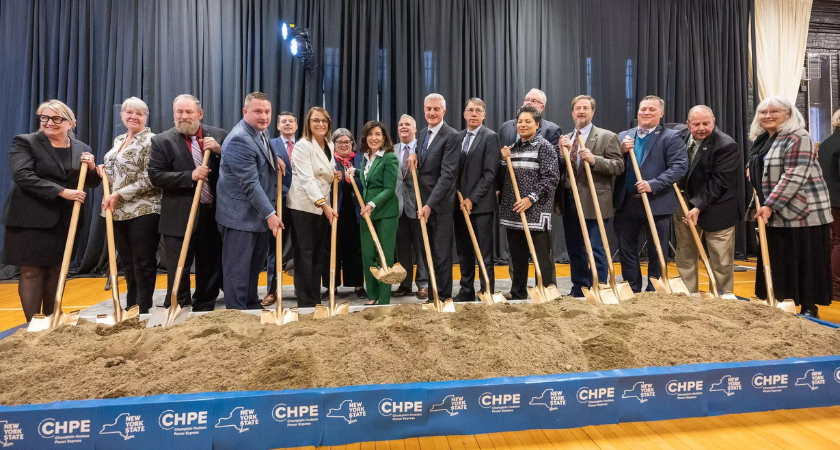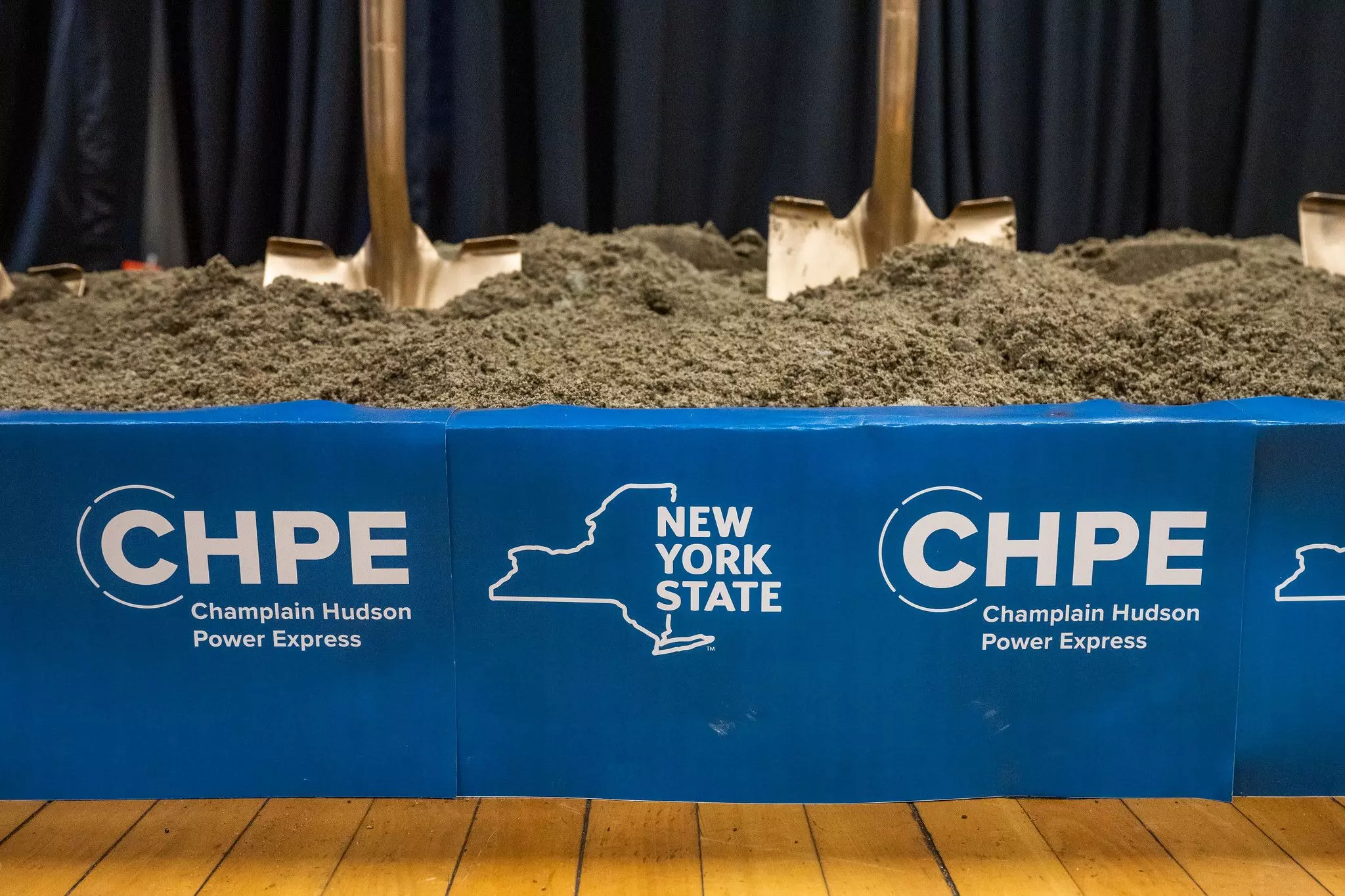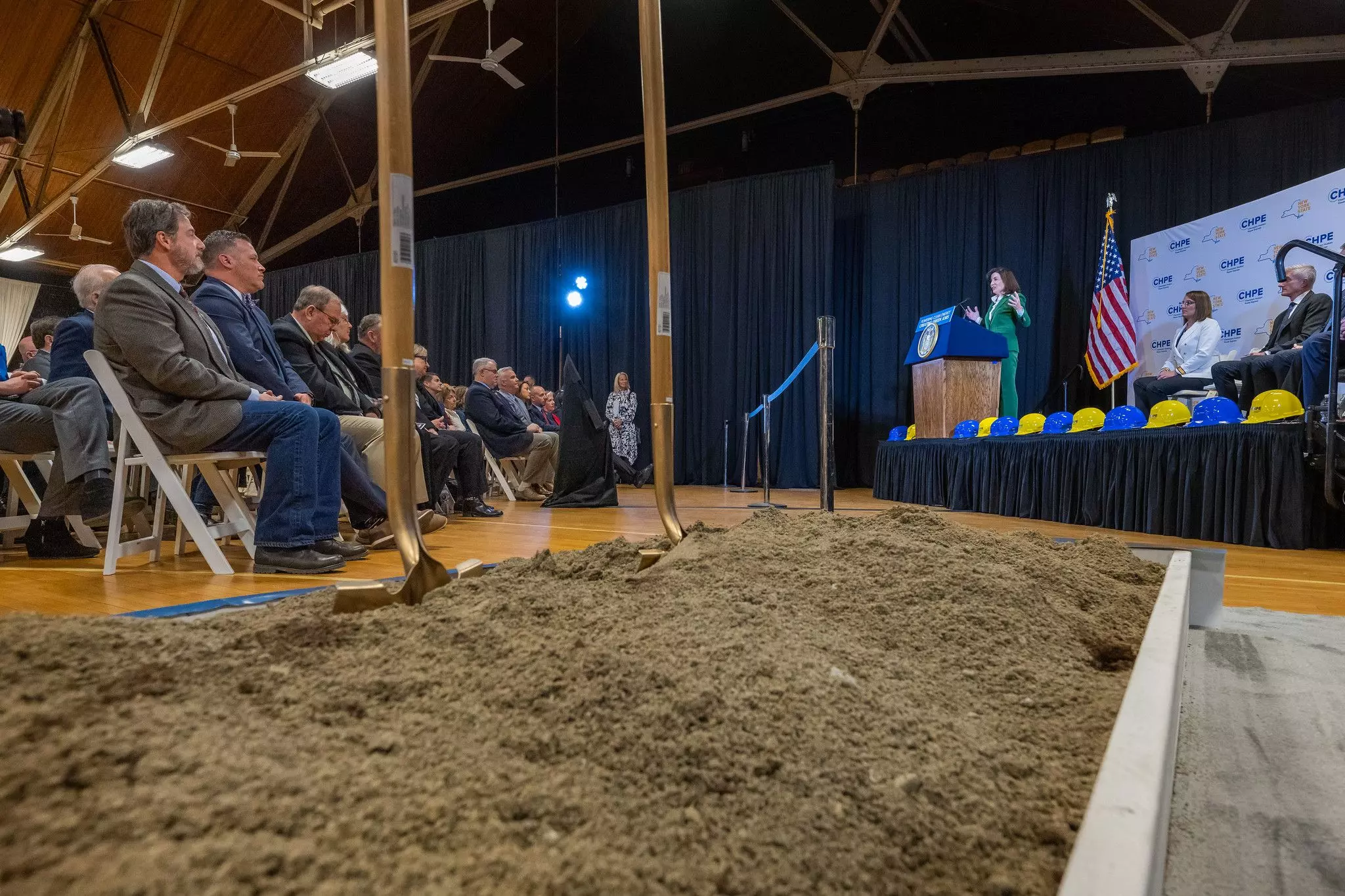
A massive energy project designed to bring clean power from Canada to New York City is creating turmoil for communities in the Hudson Valley.

The Champlain Hudson Power Express pipeline, a 339-mile underground transmission line, will deliver hydropower from Hydro-Québec directly into the city once completed. Governor Kathy Hochul’s office says the project is critical for achieving the state’s climate goals.
“Governor Hochul says the 339-mile Champlain Hudson Power Express transmission line will deliver reliable, clean energy from Hydro-Québec in Canada directly to New York City,” officials stated. The pipeline is scheduled to be finished by 2026 and is expected to play a key role in helping New York meet its mandate of generating 70 percent of electricity from renewable sources by 2030.
But while the long-term benefits are being promoted, local businesses and residents in the Hudson Valley are already feeling the pain. According to the Rockland County Business Journal, more than 40 businesses in North Rockland County have reported losses due to the disruption caused by construction.
Customers are steering clear of certain areas, saying “construction has turned the area is an obstacle course.”

For drivers, the situation has been even more severe. The project has caused what many describe as a “nightmare” of delays due to a “disastrous traffic bottleneck” along Route 9W in Stony Point and Haverstraw.
Local auto repair shops have also reported an unusual spike in blown tires. Crews working near Route 9W have left stretches of road pockmarked with hazards, leading to more drivers needing emergency repairs.
In response, a spokesperson for the Champlain Hudson Power Express project said a hotline has been set up for any motorists who believe their vehicles have been damaged due to the construction.
The clash highlights the tradeoffs between statewide energy ambitions and local community impacts. State leaders argue the project is essential for New York’s clean energy transition, while many small business owners say the pipeline’s construction could put them at risk of closing before the benefits ever arrive.
Governor Hochul’s office has stressed that while disruptions are real, the pipeline represents a cornerstone investment in the future of New York’s power grid. Once complete, it is expected to provide a steady flow of renewable electricity to millions of residents in New York City, reducing reliance on fossil fuels.
For now, though, drivers and businesses in the Hudson Valley are left navigating what they describe as a construction “obstacle course” — with at least another year of work still ahead.
Originally reported by Hudson Valley Post.